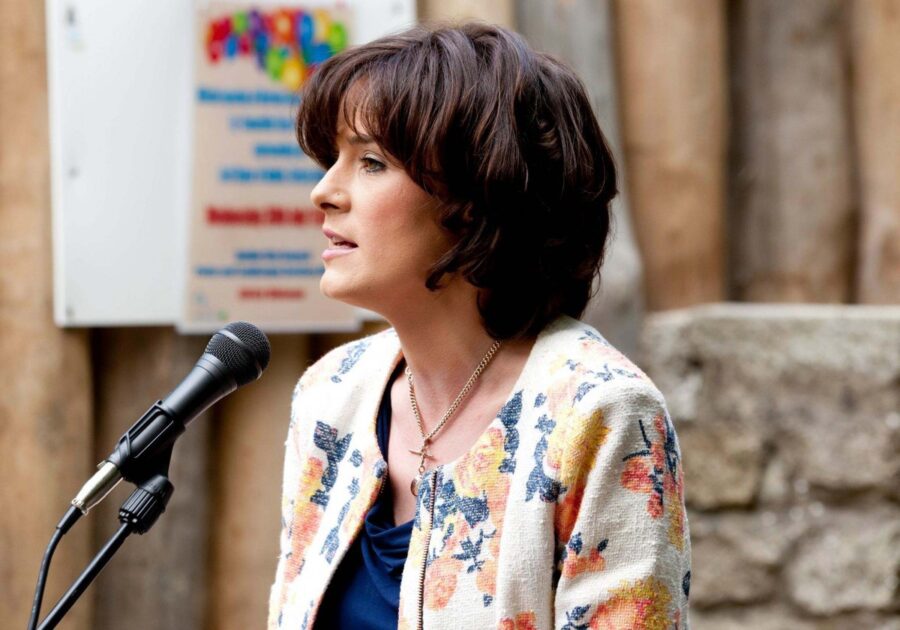Gender quotas are a blunt, but fair instrument
Sean says: “Some people are almost afraid of gender quotas”

Irish politics has been dominated by one group over the last hundred years; men. Gender quotas were introduced after the 2011 general election, when just 15% of TDs were female, to try to better represent women in politics and political decision-making.
Gender quotas allow for a party’s funding to be cut in half if at least 30% of their candidates aren’t women and 30% men. In February’s General Election, a record 35 women were elected, a 40% increase in the previous Dáil. This was quite the jump-up from the previous Dáil, although the same number of women are sitting at the cabinet table.
It is extremely important to recognise that gender quotas do not mean that 30% of TDs elected by the people must be female. Only 22% of the current Dáil are women, however it has been a positive increase since five years ago.
Since the foundation of the state, party selection conventions for candidates in local and national elections have been completely dominated by men. The introduction of gender quotas now means that the strangle-hold of grassroots selection convention has been eroded, as parties try to avoid funding cuts. The gender quotas are about giving women a chance that they’ve not been given before to get a foot into the world of politics and public representation.
Some people are almost afraid of gender quotas; as if it’s going to oppress the chances of a man to be elected. They maintain that gender quotas mean that young, talented male politicians will be prevented from getting a fair shot at politics. Why don’t we talk about the young, talented female politicians who haven’t been given a fair shot by the old system? Given how closely most parties stuck to the 30% gender quotas in the last General Election, I know I’d feel much more confident about being selected to run for a party if I were given a near-70% chance than just over 30% chance of even being selected to run.
In the Dáil today there are some strong women who represent their constituents and the realities of living in modern Ireland as a woman, but not enough. As someone who tries to be a feminist in any way I can, despite not going through all the same experiences as Irish women, I can recognise that the men in Dáil Éireann and Councils across Ireland are not representing and reflecting the lives of Irish women today.
Next week the Dáil will vote on a bill attempting to allow women access to an abortion, in the case of a fatal foetal abnormality. If the whole Dáil were to take part in this vote next week, over 87% of TDs voting would be men. It’s not about women voting on women’s issues and men voting on men’s issues, the problem lies with the lack of representation. As TDs stand up in the Dáil to speak on this issue, some will try to reflect stories of constituents, but as Fine Gael TD Kate O’Connell showed, it is only with tales of personal experience in our Dáil that we can have a true reflection of Ireland and Irish women’s lives today.
As gender quotas become part of political life in Ireland, parties have to adapt. So much of politics for major parties is about the number of seats you can win at election time. Gender quotas finally force them to invest in women as potential politicians and give them the resources to needed to enter a life of politics. Groups like the National Women’s Council of Ireland and Women for Election have put a lot of valuable time and resources into equipping potential female representatives with the skills to help when they are selected by a party and stand for election.
Gender quotas are a blunt instrument, but are the best way of giving woman a shot at politics and public representation. In an ideal world, we simply wouldn’t need them, but Irish politics has been far from ideal for the last hundred years. Hopefully we can move towards a political landscape where no gender quotas are needed and we have a Dáil which represents and reflects Irish people and their experiences. Systematic oppression of female candidates has meant that they simply haven’t been given the chance to get into politics and public representation in the first place, and if gender quotas are the best way to help solve this, then we should embrace them and support women who wish to enter politics.
Séan wrote this article in response to The Problem with Gender Quotas, which you can read here.






